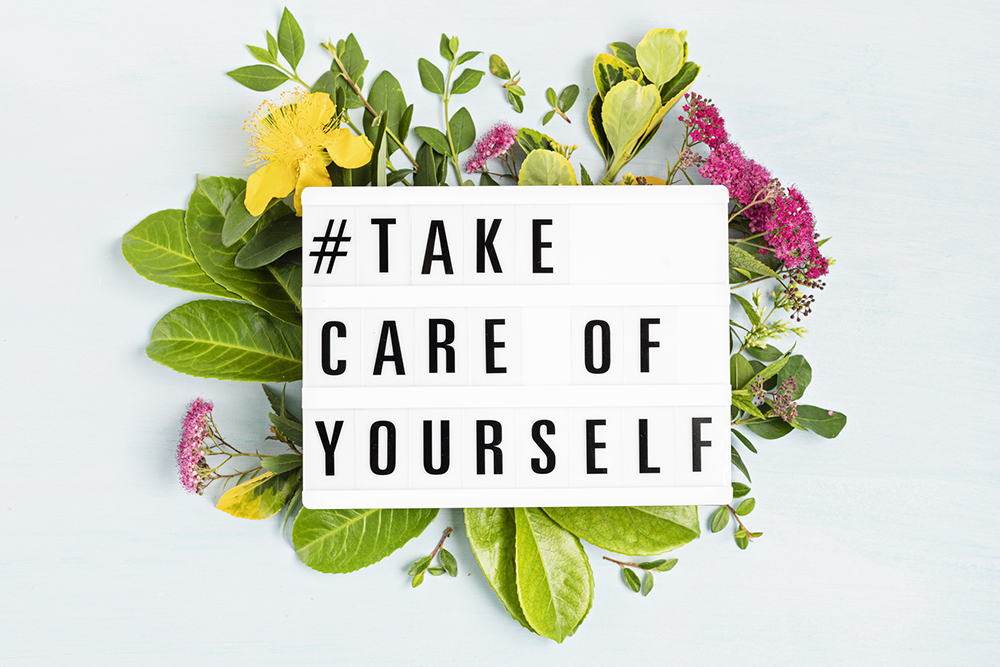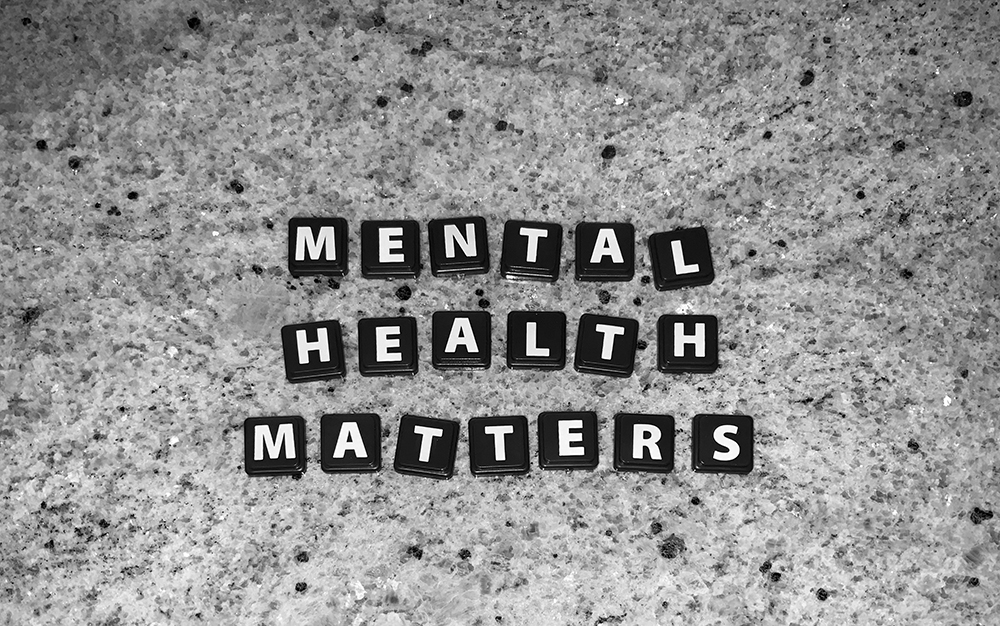In a world that often feels overwhelming, it’s easy to get caught up in stress, anxiety, and emotional turmoil. As we recognize Mental Health Awareness Month in May, it’s crucial to focus on the small steps we can all take to protect our mental health.
First, remember you are not alone. Although it can be easy to shut down and isolate, isolation leads to loneliness and is linked to depression, anxiety, and physical health problems. Instead, surround yourself with loving, empathetic friends and members of your community who also understand the complex emotions you are feeling and who can navigate them with you.
If social media or news coverage makes you feel overwhelmed, don’t hesitate to take a break. Constant exposure to negative news or disturbing images can affect your mental health, leading to secondary trauma. It’s okay to step back and prioritize your well-being.

Embrace your emotions, but don’t be afraid to ask for help. Sometimes our instincts tell us to avoid showing our feelings or admitting their depth. Let yourself know that it is okay to feel whatever emotion comes up in whatever form it takes. It is okay to feel anger, sadness, anxiety, and fear. Be patient with the process.
While healing is certainly not linear, it can often begin with a conversation. Never hesitate to reach out for help if you are unsure how to navigate traumatic events. Counselors, family, a trusted friend, or clergy member should all be a part of your support network. Lean on those you trust and be honest about how you are feeling. Remember, seeking help isn’t a sign of weakness — it’s a sign of strength and self-awareness. It’s okay not to be okay!
Physical exercise can be a powerful tool to improve your mental health. A common misconception of working out and physical exercise is that it’s just a way to improve your physical health. While it is true that physical exercise benefits physical health, it also enhances our mental well-being, having a profoundly positive impact on depression, anxiety, and ADHD. It also relieves stress, improves memory, helps you sleep better, and boosts your overall mood. Even modest amounts of exercise can make a real difference. A recent study by the Harvard T.H. Chan School of Public Health found that running for 15 minutes a day or walking for an hour reduces the risk of major depression by 26 percent. Through the release of endorphins, exercise works as a natural anti-anxiety, anti-depressant, and stress reliever, boosting physical and mental energy and enhancing overall well-being. If you are new to working out, find a time that fits best with your schedule and start small, with a quick 5- to 10-minute walk around the neighborhood.
Practicing being in the present moment can eliminate a negative mind state. Sometimes we can let our minds wander to past, future, or hypothetical situations where we ruminate on things we wish we could do differently or worry about situations we cannot change or predict. Taking time to conscientiously stay in the present moment with a practice called “mindfulness” can stop our minds from going down a path that has no benefits for our mental health. When you feel these trains of thoughts coming, focus your attention on a specially chosen word or set of words, an object, or your breathing. Another way is to focus on the good things in your life. It’s helpful to do this every day, either by thinking about what you are grateful for or writing it down in a journal. These can be big things, such as the support you
have from loved ones, or little things, such as enjoying a nice meal.
Finally, if you or someone you know are seriously considering any form of self-harm, call 988, a national support line. Trained counselors are available to listen, provide support, and offer local resources. One call can save a life and there is professional help for those who need it.
If you are feeling overwhelmed, lonely, or need support, you should not hesitate to reach out to local mental health professionals who are here to help. We must all lean on each other in difficult times. Memphis is vibrant, resilient, and brave. Our community knows the importance of lending a hand to our hurting brothers and sisters. We need to take time to listen, both to ourselves and to others. The small things matter. Conversations with a friend, being honest about our feelings, and reaching out for help are all crucial steps we must take to begin the healing process.
If you need support or guidance, don’t hesitate to seek out resources. Reach out for help; call a trusted friend or a professional. You are not alone.
August White is executive director of Mental Health
Cooperative Memphis.

